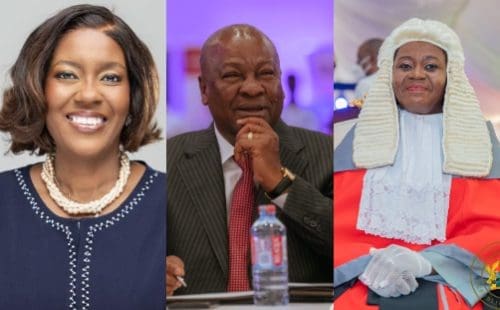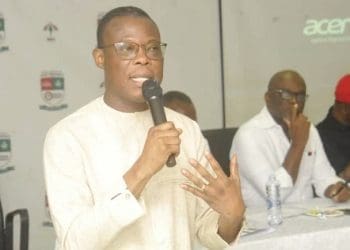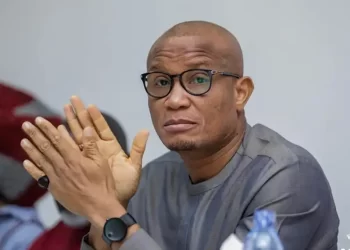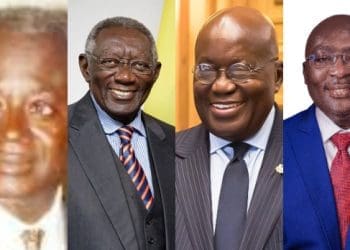IMANI’s recent publication, “Ghana’s Constitution Is Not a Colonial Appendix”, offers a firm rebuttal to foreign legal associations calling for the reinstatement of Ghana’s suspended Chief Justice.
Kay Codjoe’s essay is compelling in tone and principled in its defense of Ghanaian sovereignty and constitutional due process. Yet, as stirring as the argument may be, it provokes an even more uncomfortable question:
Why is Ghana’s CJ in this situation at all
A nation confident in its legal processes and committed to accountability should not need to explain away a constitutional crisis with rhetorical flourishes about colonialism.
If we are indeed governed by law, not politics or foreign perceptions, then we must be able to point—clearly and transparently—to the facts, the process, and the principles behind the Chief Justice’s suspension. So far, this has not been done.
Due process without transparency is hollow
The 1992 Constitution provides a clear mechanism under Article 146 for suspending and investigating justices.
But the existence of a legal provision is not, in itself, proof that it has been properly applied. Procedure matters. So does perception.
What are the specific allegations? Who triggered the process? Has the Council of State or Judicial Council spoken publicly? Why the silence?
Where transparency is lacking, suspicion thrives. In this vacuum, accusations of political interference, selective justice, or institutional capture gain traction—and when domestic actors fail to address these doubts, international voices will inevitably step in.
This is not “colonial muscle memory.” It is the logic of accountability in an interconnected legal and political order.
Is external intervention always unwelcome?
The claim that external commentary is an affront to sovereignty needs scrutiny.
It was external pressure, after all, that helped secure the release of Nelson Mandela.
International engagement played a role in judicial reforms across the continent—from Kenya to South Africa to The Gambia. External actors do not always get it right, and they indeed should not dictate internal legal outcomes.
But when a nation’s institutions appear paralysed or compromised, external concern can become a necessary stimulus—a mirror held up to a house that refuses to clean its own.
If no one within wants to bell the cat, do we blame those who call out the silence?
Sovereignty is not a shield for injustice
Sovereignty must not become a refuge for inaction. A country cannot wrap itself in constitutional pride while turning a blind eye to dysfunction.
The strength of any constitution lies not only in its text, but in the political will and institutional courage to enforce it—fairly, transparently, and without fear.
Codjoe writes, “We will uphold due process because we demand it of ourselves, not because London wags a learned finger.”
That is a powerful statement. But it assumes that “we” are indeed demanding due process—vocally, courageously, and impartially. At present, that assumption is far from secure.
The real test of independence
True judicial independence is not only about resisting external interference.
It is also about resisting internal manipulation.
It is about public trust, institutional clarity, and the courage to act even when the stakes are high.
Foreign legal associations may or may not be overstepping their bounds.
But they are asking questions that Ghanaians themselves deserve to ask—and deserve to have answered.
In the end, the real question is not whether London is meddling. The question is: why hasn’t anyone at home explained what is going on?












